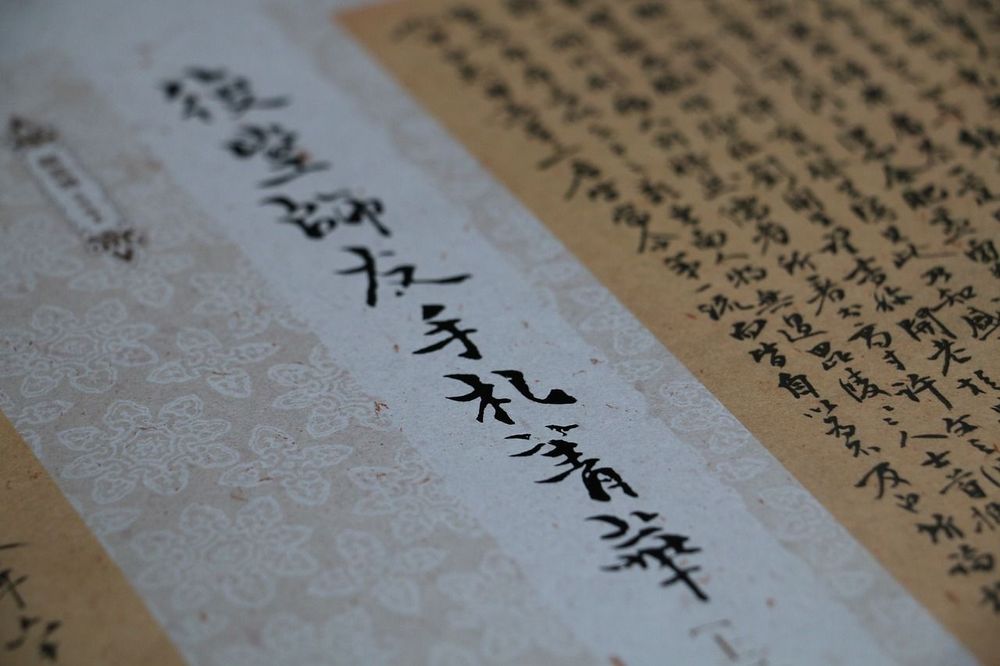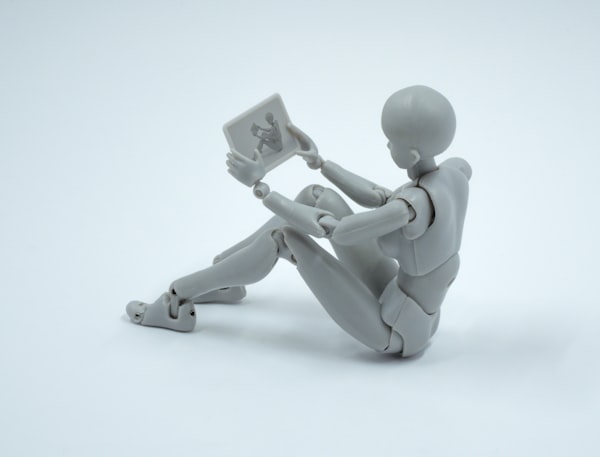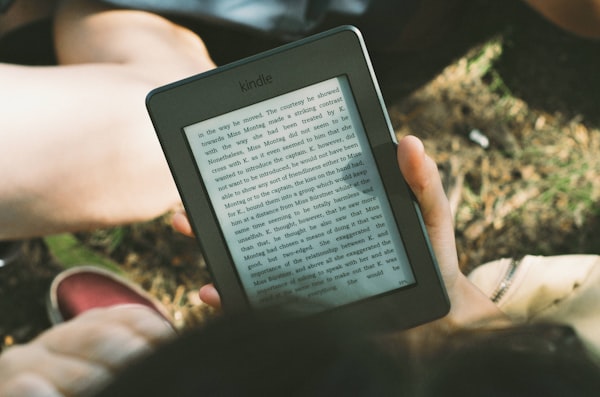10 Essential Phrases to Use in Taiwan + BONUS

Trying to speak a local language while traveling is not just nice, but it is also a good ice breaker. It shows that you care about the local culture and its people and in return make everything tad easier for you.
I don’t always follow this rule here in Taiwan because people then assume I’m fluent and keep asking me questions which I don’t understand. In fact, my Chinese ability is almost non-existent and I can only mumble a few words using very broken accent and wrong tones. Either way I was able to learn few phrases which I think are absolutely essential to survive in Taiwan and you will use them very often.
Disclaimer - as I said my Chinese sucks and all the translations will most likely not be literal. I will try not to change their meanings though. I’ve never studied Chinese, everything is based on my observation in real case scenarios. When I’m referring to Chinese, I actually mean Mandarin. I’m using a traditional writing and pinyin - a representation of tones using "our" alphabet.
1. Greetings
In Taiwan people usually nod their head followed by "Nǐ hǎo" (你好). It’s an informal way to say "Hi" and is basically used in most situations. Its formal form is "Nín hǎo" (您好) and as far as I know it’s used only when you want to put extra emphasis on being polite. I haven’t heard anyone using it though so basic "Nǐ hǎo" is all you need to know.
2. Thank you
Most Taiwanese are very polite and you will hear them saying "Xièxiè" (謝謝) all the time. In a grocery store, a restaurant, while buying a tea, when you hold the door for them etc. The usual response should be "Bù kèqì" (不客氣) which is equivalent to English "you’re welcome", but you will often hear them saying "Xièxiè" in return as well.
3. Being sorry
Despite Taiwanese being polite, you won’t hear them saying "I’m sorry" that often. Especially if they have to admit they are wrong which in their mind would result in "losing face".
Read more about saving face.
Anyway, the phrase is "Duìbùqǐ" (對不起) and it’s mostly used if you do something intentionally wrong. On the other hand, if you accidentally bump into someone or you want to get an attention you would say "Bù hǎoyìsi" (不好意思). It’s mostly used the same way you would use "excuse me".
4. No worries
First nights after I moved to Taiwan we were partying until late mornings. One time our neighbor called cops on us, so when we went to apologize the next day he was repeating "Méiguānxì" (沒關係) all over again. I don’t know what the literal meaning is, but it’s used as "don’t worry", "it’s ok" or "no problem".
5. I want something
I found Taiwanese don’t use a Chinese equivalent of "XXX, please" to ask for something. But rather they use "Wǒ yào XXX" (我要 XXX) followed by "thank you". Some examples:
Wǒ yào píjiǔ. Xièxiè. (我要 啤酒。 謝謝) - Can I have a beer, please?
Wǒ yào xīguǎn. Xièxiè. (我要 稻草。 謝謝) - Can I have a straw, please?
Wǒ yào dàizi. Xièxiè. (我要 袋子。 謝謝) - Can I have a bag, please?
6. I don’t want
Being a vegetarian (most of the time), I use the phrase "I don’t want meat" a lot. In Chinese, you would say "Bú yào ròu" (不要肉).
As you can see it’s pretty straightforward:
Wǒ yào zhège. (我要 這個) - I want this.
Bú yào nàgè (不要 那个) - I don’t want that.
"Wǒ" means "I", "yào" means “want”, "bú" is a negative. What an easy language it is, right?
7. Finding things
You will very likely find yourself in situations where you need to find a location of some specific place. In this case simple "XXX zài nàlǐ?" (XXX 在那裡?) is sufficient enough. Some examples:
Cèsuǒ zài nàlǐ? (廁所在那裡?) - Where is the toilet?
Táiběi huǒchē zhàn zài nàlǐ? (台北火車站在那裡?) - Where is the Taipei Main Station?
8. Asking about price
Though not as popular as in Thailand, haggling is still a thing in Taiwan. Prices are not always displayed and you will sooner or later have to ask about it. Asking "What is the price?" in Chinese would be "Duōshǎo qián?" (多少钱?).
After you get your answer you may try to haggle a little. Just say, "Tài guìle" (太貴了) which means "Too expensive" and see where it gets you.
9. Sugar and ice
No matter what kind of drink you buy there’s always an option to get an extra sugar and ice. If you’re like me and you don’t prefer any of that saying "Qù bīng" (去冰) and "Wú táng" (無糖) would get you "no ice" and "no sugar" respectively.
However, if you want any of that in your drink, Taiwanese are very specific about it. There are many options to choose from:
- Quán táng (全糖) - Full sugar
- Shǎo táng (少糖) - Less sugar
- Bàn táng (半糖) - Half sugar
- Wēi táng (微糖) - Some sugar
- Zhèngcháng bīng (正常冰) - Regular ice
- Shǎo bīng (少冰) - Less ice
- Wēn yǐn (溫飲) - Warm
- Rèyǐn (熱飲) - Hot
10. Asking a general question
Chinese is a very versatile language. If you add "ma" (嗎) to a noun it automatically makes it a question. As I understand it, it might mean anything from "Do you want XXX?" to "Is this XXX?". Examples:
Nǐ hǎo ma? (你好嗎?) - How are you? (Literally "you good?")
Dàizi ma? (袋子嗎?) - Do you want a bag?
Lǜchá ma? (绿茶嗎?) - Do you sell a tea? (You could ask this while being in a store)
You get an idea.
Bonus
If you get tired of people trying to talk to you in Chinese or you genuinely don’t understand and don’t even want them to try having a conversation with you, simple "Wǒ tīng bù dǒng" (我聽不懂) is enough to let you escape. They will always stop talking to you if you use this phrase which literally means "I don’t understand".



